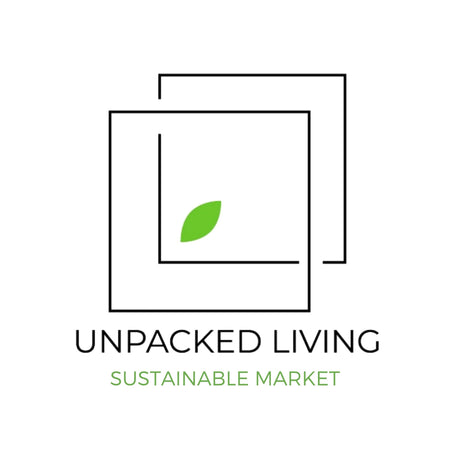From disposable cameras to disposable diapers, few products marketed to consumers are made to last. We live in an age where everything gets thrown away and technology is obsolete after a few months, but what many consumers don't realize is that this throw-away lifestyle comes with a high cost not only to our finances but to the planet.

Not only is your wallet continuously emptied as your limited supply of dollars chases an endless supply of new and updated products, but there is also an environmental price to pay for consumerism.
Constant manufacturing of new and unnecessary products uses up virgin materials and resources, and contributes to pollution, impacting the quality of the water we drink, the air we breathe and the food we eat.
The products themselves end up in landfills, taking up space and leaching toxins into our water supply or incinerated releasing toxins into the air, because there is no such thing as “disposable” and there is no “away”.
People often assume that anything labeled "Zero-Waste", "Plastic-Free", "Eco-friendly" is more expensive, mostly because waste has been normalized and commodified.
The people selling you “cheap” disposable products know it and capitalize on it at your expense.
Are eco-friendly, plastic-free products more expensive?
Yes, but there's a few reasons why:
- Demand for eco-friendly products is not as high as traditional products, yet.
- Fair labor and ethical practices cost more.
- This products might be more expensive upfront but save money in the long run because they are not disposable.
- sustainable materials cost more to grow and manufacture , and reputable third-party certifications, such as organic or fair trade, are not cheap
- Organic materials are more expensive to grow. If you have tried to grow something yourself you definitely understand that is far from easy.
- A fair wage for laborers is an expense many eco-friendly companies will accept and honor
- This products are not mass produced and don't come from greedy corporations that don't care about the planet.
Whether you choose to buy a green product, let’s say a handmade cotton bag, from a small store, or from a line of eco-friendly products, your money is supporting an environmentally conscious product and not a harmful one such as disposable plastic water bottles, or mass produced polyester bags from China.
Side note: Bottle water companies don't make water, they make plastic bottles.
Keep in mind that when trying to reduce waste, the first rule is to use what you already have at home.
There's a transition period where you start using up all the products you already have at home and you stop getting new ones, so you start saving money.
I have been making this transition for the last 8 months, which means I haven't buy any new products.
Here's a short list of things I haven't purchased in the last 8 Months:
- Ziploc Bags
- Make-up
- Razors
- Floor Cleaner
- Dishwasher Soap
- Laundry Detergent
- Dryer Sheets
- All purpose cleaner
- Vinegar
- Band-aids
- Cotton Swabs
- Cotton Rounds
- Shampoo Bottles
- Conditioner Bottles
- Body Lotion bottles
- Trash Bags
- Plastic Deodorant
- Chapstick
- Dry Shampoo
- Perfume
- Aroma Diffusers
- Mouthwash
- Glass Cleaner
- Hair Dye Kits
- Wipes of any kind
- Vitamins and supplements
- Sunblock
- Body Wash
- Travel size anything
- Saran or cling wrap
- Plastic water bottles
- Nail Polish
- Nail polish remover
- Clothes
- Shoes
- Accessories
- pads or panty liners
And that is just some of the things I haven't purchased either because I already have it in my house or because I already replaced it with the eco-friendly/durable/reusable version that might be a bit more expensive upfront, but in the long run it saves me tons of money.
I'll give you a few examples:
If you are a woman, you spend approx. $1,773.33 on tampons in a lifetime according to this article in the HuffPost, Instead, you could make a one-time investment of $20-$40 for something that can last you up to 10 years. TEN YEARS. It's called a menstrual cup.
Read about the Pink Tax Here
Disposable Razors are another good example of the real cost of disposable.
America produced 2 billion disposable razors and blades. According to a more recent report by Statista, 163 million consumers in the U.S. used disposable razors in 2018.
An increase in demand will reduce the price of a product.

Always remember that the most sustainable product you can use, is the one that's already in your house.

